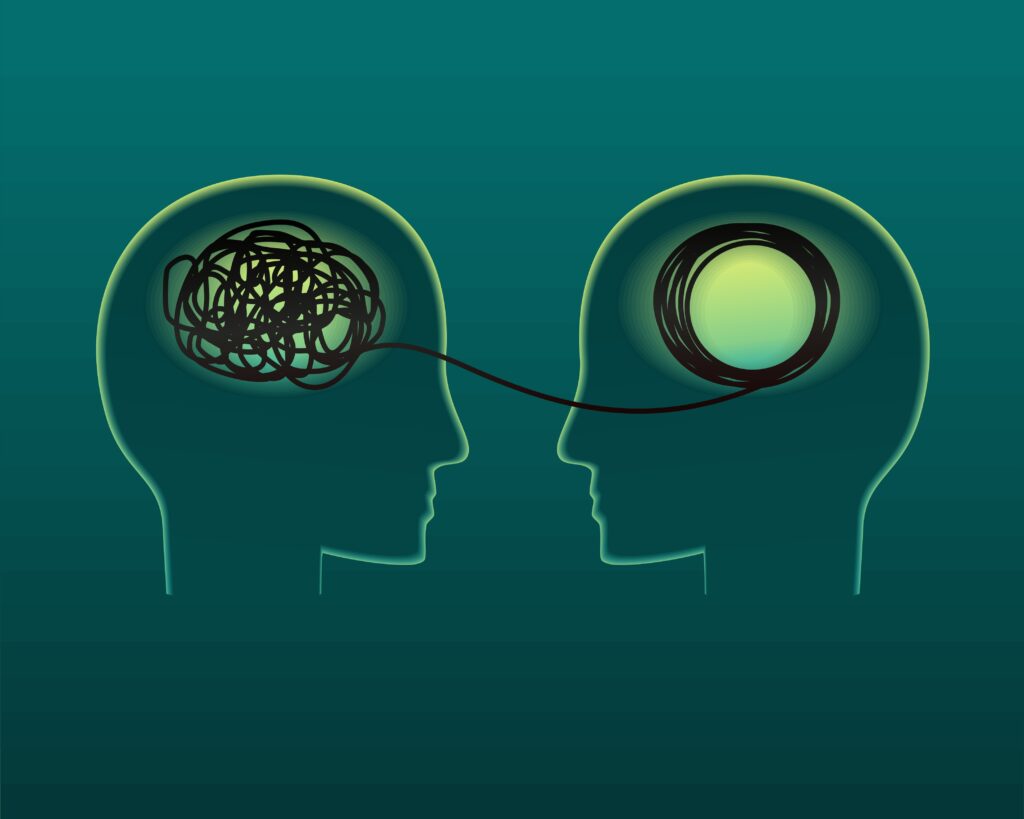THERAPY TOPIC
Why is therapy important?
Therapy can be expensive and hard work, so why is therapy important?

In today’s fast-paced world, mental health is just as important as physical health. Yet, many people hesitate to seek therapy, often believing they should be able to handle life’s challenges on their own. The truth is, therapy provides invaluable support and tools to navigate life’s difficulties, fostering personal growth, resilience, and overall well-being. Here’s why therapy is so important:
1. A Safe Space to Express Yourself
Life can be overwhelming, and sometimes, you need a place where you can share your thoughts and feelings without fear of judgment. Therapy offers a confidential and supportive environment where you can explore your emotions, identify patterns, and gain clarity about your experiences.
2. Developing Healthy Coping Strategies
Stress, anxiety, and depression can take a toll on your daily life. Therapy helps you build effective coping strategies tailored to your needs. Whether it’s mindfulness techniques, cognitive restructuring, or behavioral changes, therapy equips you with practical skills to manage stressors more effectively.
3. Understanding Yourself Better
Therapy allows you to gain deeper insight into your thoughts, emotions, and behaviors. Through guided conversations, self-reflection, and therapeutic techniques, you can better understand why you react a certain way and work toward healthier responses.
4. Improving Relationships
Healthy relationships are essential for well-being, but conflicts and miscommunications can strain connections with loved ones. Therapy can help improve communication skills, set healthy boundaries, and address past traumas that may be affecting your relationships.
5. Managing Mental Health Conditions
Therapy is a crucial tool for managing conditions like anxiety, depression, PTSD, ADHD, and personality disorders. Evidence-based therapies like Cognitive Behavioral Therapy (CBT) and Dialectical Behavior Therapy (DBT) provide structured approaches to treatment, helping individuals regain control over their lives.
6. Enhancing Personal Growth & Resilience
Therapy is not just for times of crisis—it can be a powerful tool for personal growth. Many people seek therapy to enhance self-awareness, boost self-esteem, and work toward goals. Learning how to navigate setbacks and build resilience can lead to a more fulfilling life.
7. Breaking Stigmas & Encouraging Self-Care
Seeking therapy is a sign of strength, not weakness. Prioritizing mental health can help break societal stigmas and encourage others to seek support. Just as you would see a doctor for a physical ailment, therapy is a vital part of self-care for your mind.
Final Thoughts
Therapy is a valuable investment in your mental and emotional well-being. Whether you’re struggling with a specific issue or simply want to improve your overall quality of life, therapy can provide the guidance and support you need. If you’re considering therapy, take the first step—you deserve support, healing, and growth.
